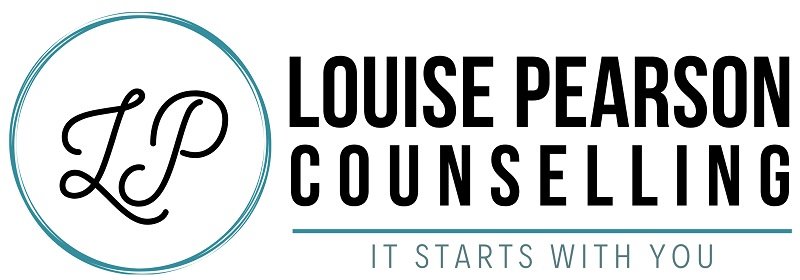One of the things you will know about me if you have been reading these posts for any length of time, is that I like to shine a light on the losses that we experience as crippling, but which people around us don't seem to recognise as important. Well this week I have been reminded that one of these losses involves the very real anguish that people can experience, when they lose a friend.
So what do I mean by this? Well this week in my travels I met with several people who were feeling shattered by just such a loss. For one person, her life felt like it would never be the same again, after a good friend in her retirement village moved interstate to be closer to family. For another, a friendship has ended after blazing arguments with the damage feeling irreparable, while for someone else some time living in other countries has left her feeling detached from her closest friend here at home. For another friend it is the cumulative loss of being close to someone who has dementia which is worsening. Her friend is still here in body, but is no longer herself or the friend that she once was, and as the weeks pass more losses in her ability become obvious. And then as if to remind us that things like deaths from cancer and other life-limiting illnesses happen every day, I read of another former colleague who has lost her best friend only days ago. She is now transitioning from the grief which comes as we plan for death, to the very real anguish that arises in us after it happens.
What was clear to me as I talked to all of these people was the intensity of their emotions. If you've lost someone before, you'll remember the sadness which sometimes makes your heart-ache so hard to bear that you feel all but unable to move. They were all experiencing this to some degree, as well as having a feeling of paralysing fear for their future without this person. They were doing all this as they coped with the physical and mental exhaustion associated with the first few weeks and months after a loss.
In our society however, the real mourners are seen to be family. Recognition is given first to a person's partner and children, to parents and siblings, regardless of the relationship that these family members had in the reality of life. We seem to believe that their grief deserves the biggest portion of acknowledgement.
For many of us however, friends know us as well if not better than members of our immediate family ever do. When our judgment is not clouded by sadness, we can admit that to ourselves and to the people around us. How many of us remember introducing particular friends as the family you have chosen? We do this because there is something about them which is special to us, and which sets them apart from all the rest.
to them and were loved. Reminding yourself of that can also be helpful. Try to talk to friends whom you feel support you, and look for opportunities where you can mix with others who have experienced a similar loss. If you are feeling like you are not coping, remind yourself that this is to be expected when you lose someone so close, and consider seeking the support of a grief counsellor.
For those of us who are this time looking on and not so involved in the grieving process, we also have an important role to play in changing this stereotype. We need to walk a mile in the grieving person's shoes, and to think about the people whose loss we fear might break us. Are they all family? So, if we can accept that friends are a group often neglected, we need to remind ourselves that these grievers too might be struggling to put a meal together, or needing more emotional support than usual, just as family members do. Although we may feel that we don't know what to say, a check-in phone call is often appreciated. So is a drop in, a warm hug, or a silent but listening ear. In these situations we need people in our lives who won't give up on offering the catch-ups for coffee or other social opportunities; connection after all is the key.
